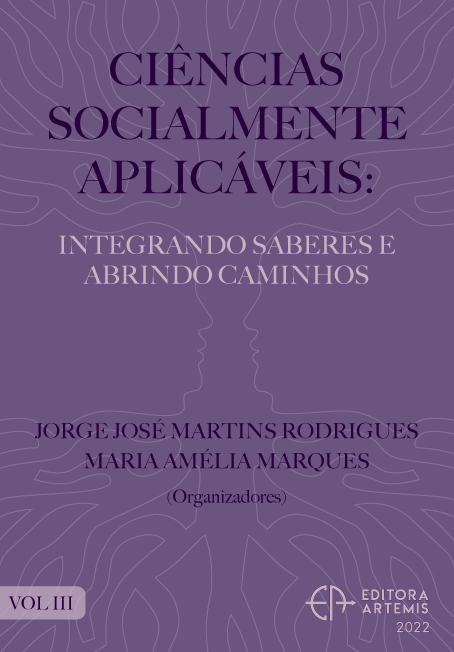
RELIGIOUS EDUCATIONAL REFORMS AND THE SHAPING OF MOROCCAN IDENTITY: ISLAMIC EDUCATION TEXTBOOKS AS A CASE STUDY
Las reformas de los planes de estudio de la educación islámica han estado en el centro de muchos debates en Marruecos últimamente. Tras los sucesos del 11 de septiembre y los atentados de Casablanca en 2003, la educación islámica se asoció con el discurso del extremismo y la violencia, convirtiéndose así en una de las principales prioridades del proceso de reformas religiosas. Este estudio pretende explorar el modo en que los libros de texto de educación islámica forman la identidad marroquí y cómo reflejan las políticas religiosas del Estado. También trata de explorar las principales diferencias entre los antiguos y los nuevos libros de texto en cuanto a valores y terminología, y cómo los profesores de educación islámica perciben estas reformas. Se utiliza un enfoque de métodos mixtos, basado en el Análisis Sumativo de Contenido, para comparar los antiguos y los nuevos planes de estudio. Se realizan entrevistas con profesores de educación islámica y se administran cuestionarios a alumnos de tercer año de secundaria. Los resultados muestran que la terminología y los valores islámicos se ven comprometidos para centrarse en valores éticos, de ciudadanía y de derechos humanos. También indican que los profesores están en contra de estas reformas, especialmente la del año 2016. Los nuevos libros de texto han conseguido, en cierta medida, moldear la identidad religiosa de los alumnos, fomentando la moderación, la tolerancia, la apertura y la convivencia. Sin embargo, los resultados también muestran que la identidad religiosa de los alumnos es mucho más estable y desarrollada que su identidad nacional.
RELIGIOUS EDUCATIONAL REFORMS AND THE SHAPING OF MOROCCAN IDENTITY: ISLAMIC EDUCATION TEXTBOOKS AS A CASE STUDY
-
DOI: 10.37572/EdArt_29052258310
-
Palavras-chave: Educación islámica, identidad, libros de texto valores, reformas.
-
Keywords: Islamic education, identity, textbooks, reforms, values.
-
Abstract:
Islamic education curricula reforms have been at the core of many debates in Morocco lately. After the 9/11 events and Casablanca bombings in 2003, Islamic education became associated with the discourse of extremism and violence, thus becoming a top priority in the process of religious reforms. This study seeks to explore the way Islamic education textbooks shape Moroccan identity and how they reflect the state’s religious policies. It also tries to explore the main differences between the old and new textbooks in terms of values and terminology, and how such reforms are perceived by teachers of Islamic education. A mixed-methods approach, based on Summative Content Analysis, is used to compare old and new curricula. Interviews with Islamic education teachers are conducted, and questionnaires administered to third year, high school students. The results show that the Islamic terminology and values are compromised to focus on ethics, citizenship and human rights values. They also indicate that teachers are against such reforms, especially that of the year 2016. The new textbooks have succeeded to a certain extent in shaping students’ religious identity, fostering moderation, tolerance, openness and co-existence. However, the findings also show that students’ religious identity is much more stable and strengthened than their national identity.
-
Número de páginas: 17
- Somaya ZINE-DINE
- Sadik Maliki

